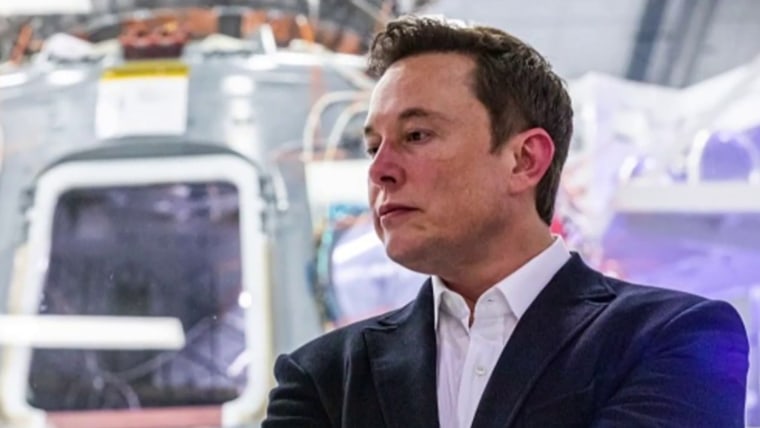Elon Musk, the uber-rich Tesla founder turned social media troll, agreed on Tuesday to purchase Twitter for his initial asking price of $44 billion after attempting to renege on his offer.
Bloomberg was first to report Musk’s new offer, which comes after he filed a lawsuit against Twitter alleging that the social media company had lied about the number of fake accounts on its platform. The two sides have been haggling over the allegation for months, with Twitter claiming that Musk was merely using the grievance to back out of a deal because he got cold feet.
Musk may enjoy the attention that owning Twitter is sure to earn him. But it’s not going to be all sunshine, kitty cats and rainbows.
According to Bloomberg, a source close to Musk’s legal team said they were “getting the sense that the case was not going well, as Judge Kathaleen St. J. McCormick sided repeatedly with Twitter in pretrial rulings.”
Bloomberg noted that Musk’s team felt this way despite a Twitter whistleblower’s recent testimony before Congress alleging that the platform is, in fact, rife with fake accounts and susceptible to manipulation by foreign governments. Tuesday’s announcement finds all parties largely back where they began, with Musk primed to take control of a gargantuan platform used to spread information (and disinformation), Twitter set to cash in on a big payday, and avid Twitter users waiting with bated breath to see how, exactly, Musk will wield power over the company.
For those who are curious, I have predicted that his reign over Twitter will lead to horrible outcomes.
Musk is taking over a company steeped in legal problems. Before news of the renewed deal Tuesday, Twitter won a Dutch case at The Hague that considered whether the company was responsible for deleting lies spread by three men claiming a Dutch town was the site of a satanic pedophile ring.
As The Guardian reported, dozens of people “flocked to the municipality of 34,000 people to lay flowers and messages in a graveyard of so-called victims after conspiracy theorists latched on to the claims.”
But Twitter isn’t out of the woods when it comes to culpability for claims made on its site. The U.S. Supreme Court is set to take up a case this term that, similarly, will determine whether tech platforms should be immune from punishment for harmful content posted by users.
That case involves a woman killed by the Islamic State militant group in Paris during a 2015 attack. The family of Nohemi Gonzalez, one of more than 100 people killed in a raft of ISIS attacks that year, claims that the extremists were inspired by videos they were fed algorithmically on YouTube. Twitter will be keeping close watch, because the case will determine whether Section 230, a legal provision of the 1996 Communications Decency Act that protects internet companies from liability for users’ posts, should stand.
Section 230 has come under fire from Democrats, who rightly note that tech companies use it to dodge accountability for hate speech on their platform. But Republicans, who are averse to content moderation and believe at least some hate speech should be tolerated online, also hate Section 230 — although many of them think it should be replaced with a law that allows even less content moderation.
Musk may enjoy the attention that owning Twitter is sure to earn him. But it’s not going to be all sunshine, kitty cats and rainbows. He’s going to be confronted with millions of people already skeptical of the platform, and millions more who fear his plans for it.
